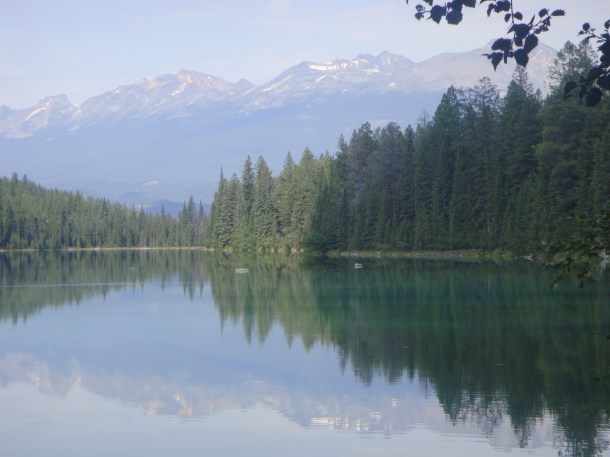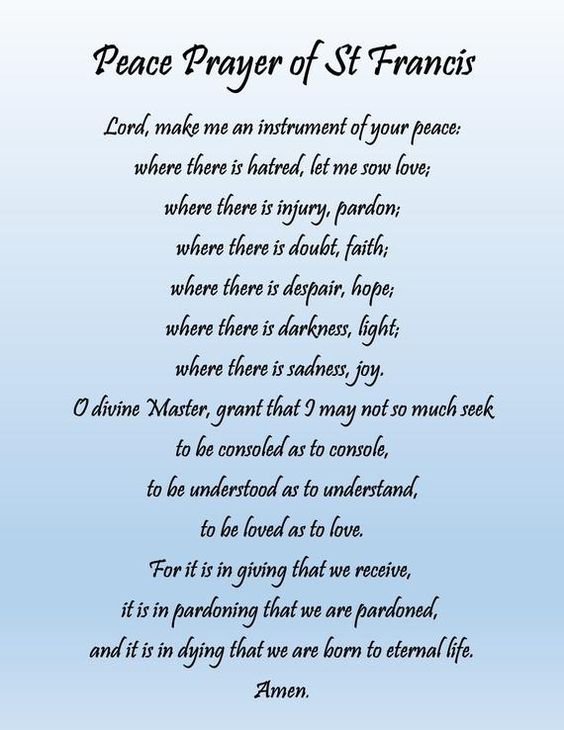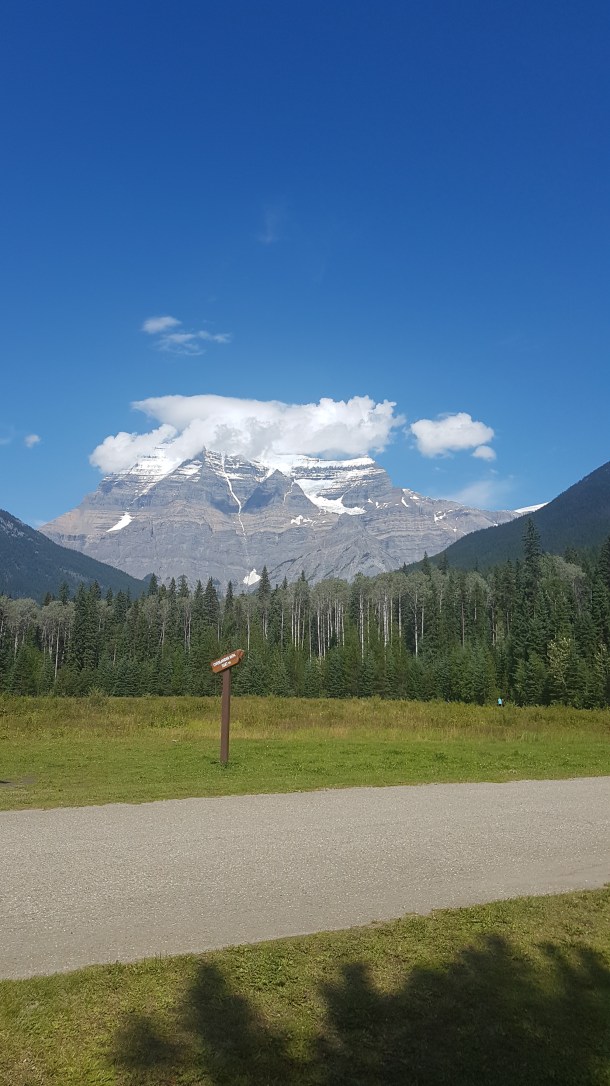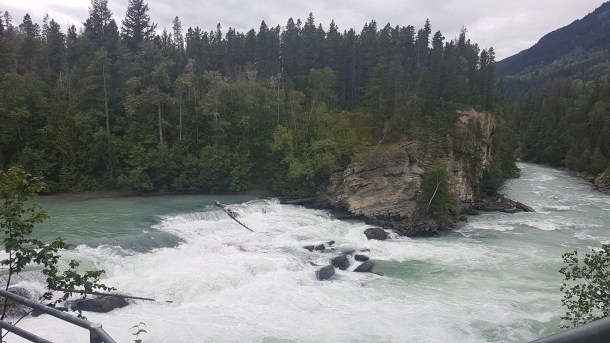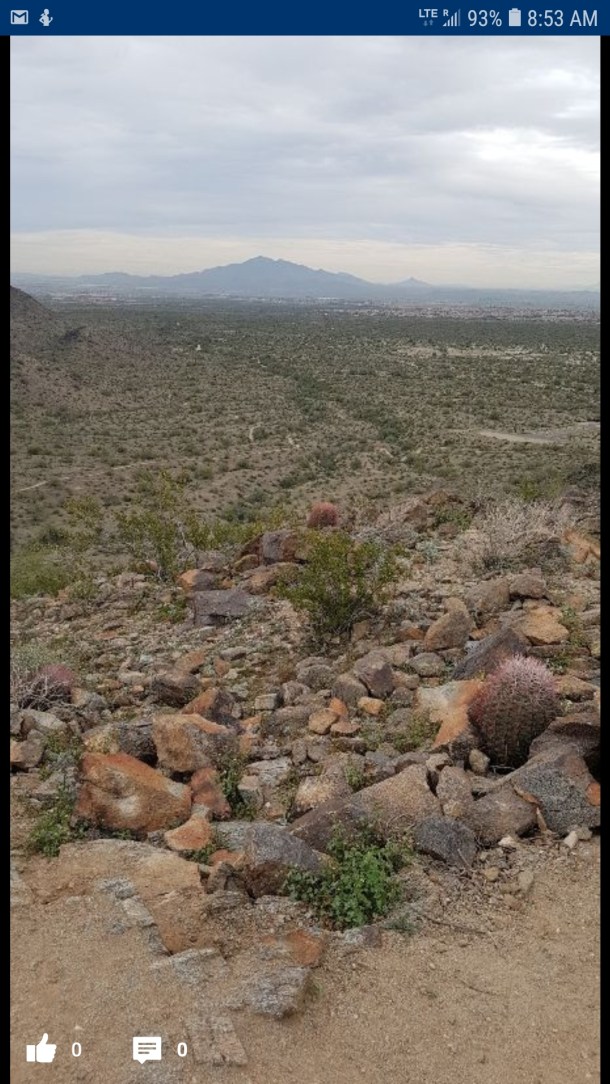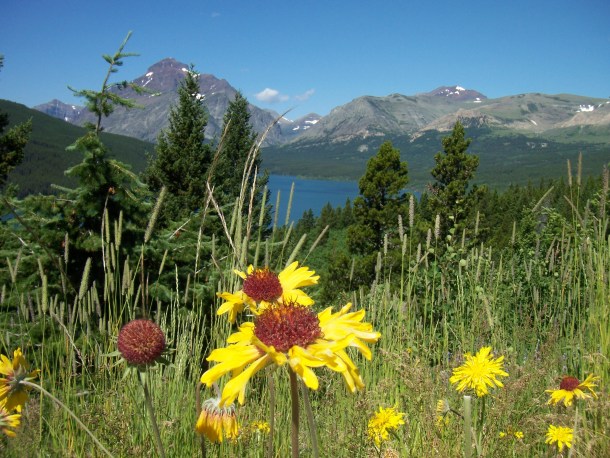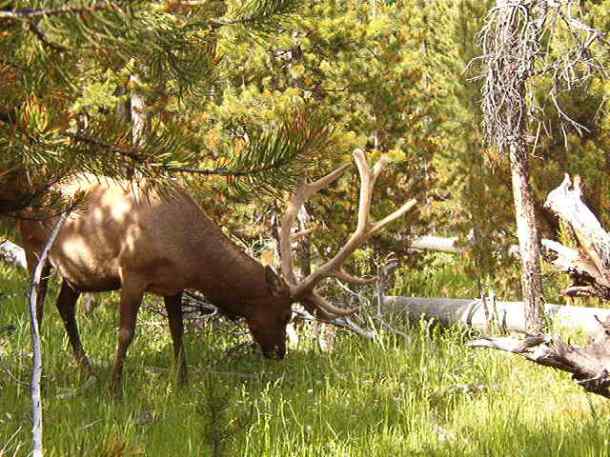via Collectively Eliminating Racisim
This is a great post by Shobna. We each have a responsibility to our part, our small part. We can only change the world we are immediate with.
For me, Michelle Obama‘s quote points to Socrates: “An unexamined life is not worth living.” How often do I critically examine my actions, my words, my life? What privileges run below the surface and privilege me in my life? Where can I go without worry of being stopped and interrogated?
Martin Luther King Jr. and Thich Nhat Hanh remind me of the intertwined nature my life of as part of a larger garment of inter-being. What have I done to make the threads that link me to others stronger, healthier, and more whole?
Wendell Berry in his poem, Be Still in Haste, speaks to the need to pause. In each ensuing moment, I begin anew to set the world right. This moment is always the first.
How quietly I
begin again
from this moment
looking at the
clock, I start over
so much time has
passed, and is equaled
by whatever
split-second is present
from this
moment this moment
is the first.
Find a place where you are comfortable and reflect on life. For me, it is a walk in nature. I took the following picture in Jasper National Park several years ago. I could sit on the edge of this lake, soaking in the majesty and reflecting on how I made life better in the next first moment.
